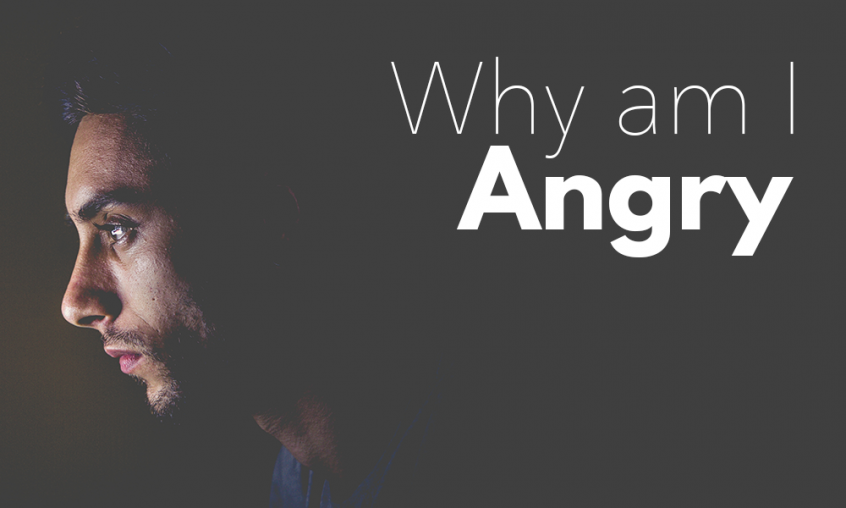WHEN WE consider something to be unfair or unjust, we naturally have an emotional response. When something (or someone) we value is taken from us, or when we feel threatened, something within us reacts. ANGER IS A FORM OF PROTEST. We may say it out loud or merely feel it within ourselves, but something says, "This is not fair!" One of the common emotions felt following the death of a loved one is anger.
Many Christians have been trained to believe that anger is undesirable and wrong. As a result, they are not honest with themselves or others, and they seek to hide or repress their anger. They may say the socially appropriate and acceptable words, and they may "act" properly. But inside they are dealing with anger.
Job Lashed Out in Anger
Job was a righteous man who experienced devastating loss. His children were killed, his vast economic empire was decimated, and his health deteriorated terribly. Out of deep emotional distress, Job lashed out against his three friends and God.
It is important to remember that Job had no Bible to turn to for answers. He had no way of knowing that it was Satan who had attacked him. He felt it was God Who had bought devastation into his life, and he was angry about it. Job perceived all of his woes as a great injustice.
Further, Job's three "friends" who came with the intention of comforting him reacted strongly against his outbursts. They condemned him and told him (incorrectly) that all the problems he experienced were the result of sin in his life.
No one would dispute that Job had become an angry man. However, much later in the story, Job received a revelation about who God really was. He then repented for many of the things he had said (Job 40:4–5; 42:3–6).
Many Christians have been trained to believe that anger is undesirable and wrong. As a result, they are not honest with themselves or others, and they seek to hide or repress their anger.Tony Cooke
Does Injustice Deserve Forgiveness?
Anger can be especially intense when a great injustice has occurred. When someone we love is killed, it is not unusual to feel an enormous amount of outrage. Not only was someone precious to us killed, but we feel personally violated too. It wasn't just an attack on the person who died; it was an attack upon us as well! It may seem that our own sense of safety and security has been ripped away, and we wonder, "How could someone do this to me?"
It is difficult to reconcile seemingly contradictory facts. However, the truth is that God is good and life is unfair.As challenging as it to embrace both of those truths, they are nonetheless realities of our existence. TO NOT BELIEVE THAT GOD IS GOOD WOULD LEAVE US CYNICAL AND COLD, WITHOUT HOPE AND COMFORT. To not realize that life is unfair—at least in the temporal sense—would leave us naive and ill-prepared to face the challenges of life.
The Power of Forgiveness
Some people are hurting so badly after a tragedy that they don't want to hear about forgiveness. We really don't engage in forgiveness for the benefit of the person who committed the wrong against us. We forgive so that we don't become a perpetual victim of the wrong. We may have been a victim once—the person we loved is no longer with us, and in some ways, our life is forever changed. However, to hold unforgiveness against someone is to allow that offense to continue to plague our life. We can't bring our loved one back, but we do not have to let the offense continually torment us and be an incessant extension of the original loss.
Forgiveness is our way of releasing bitterness, resentment, hostility, and rage that would perpetually hold us captive. WHEN YOU FORGIVE ANOTHER PERSON, THE PERSON YOU ARE REALLY LIBERATING IS YOURSELF.
Author

Tony Cooke
Share this Post

